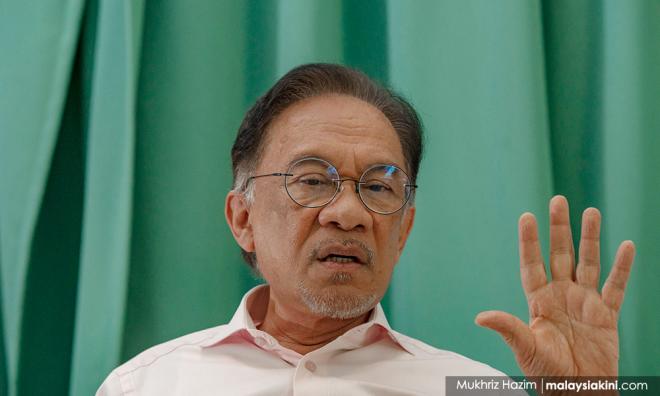
EXCLUSIVE | Soon after its historic win in the last general election, the Pakatan Harapan administration found itself in a conundrum with issues concerning race and religion, which its political rivals did not hesitate to exploit.
While this motif of Malaysian politics dates back decades, the latest turmoil began in late 2018 with protests against the International Convention on the Elimination of All Forms of Racial Discrimination (Icerd) over concerns that ratifying it would result in the erosion of bumiputera privileges.
Two more protests - over the Rome Statute of the International Criminal Court and the death of firefighter Muhammad Adib Mohd Kassim - further added fuel to the fire.
Umno and PAS trained their guns on DAP, accusing it of harbouring an agenda to dilute the importance of Islam and the position of the Malays.
Following the 22-month Harapan government's collapse as a result of a political coup, Malaysia witnessed the emergence of Perikatan Nasional, which comprised of three Malay-based parties.
Fast forward to mid-2020 and Harapan is now hard at work, cobbling together a counter-coup.
Equipped with the benefit of hindsight, its leader Anwar Ibrahim traced the previous government's mistakes and tactical blunders during an exclusive interview with Malaysiakini.
He regretted how Harapan had taken its support “for granted” and failed to sufficiently address the concerns of the Malays and even provoked the latter.
“We kept harping on the issue of Malay poverty, (describing them as) 'lazy Malays' who are not willing to accept reform or change. That further enraged the Malays.” he opined.
Citing Syed Hussein al-Attas’ seminal work “The Myth of the Lazy Native”, the PKR president criticised such comments as antiquated and colonialist.
Anwar did not mention names, but the “lazy Malay” description is often used by former premier Dr Mahathir Mohamad to spur the Malays to work hard and compete with other races.
'Reassure the base first, then move to the rest'
Elaborating, Anwar said Harapan erred by attempting to fulfill hot-button promises such as recognising the Unified Examination Certificate (UEC) “too early on”, especially when faced with an erosion of Malay support.
“We did not see that (similar) sort of clear policies (as recognising the UEC) which tried to enhance the position of the Malay language and Malay literature. What I suggested to my colleagues was that you should put that in place first.
“And after three months, move to English and then other languages like Chinese, Tamil, Arabic, or French.
“On the contrary, what we did was to start having this discourse or policy adjustments on the UEC, which is fair and this was what we promised.
“But you must reassure the (Malay) base first. I think this is tactical,” he added.
Racial issues aside, he opined that Harapan lost political points with the Malays and rural folk by giving out a lower quantum of handouts and subsidies than BN.
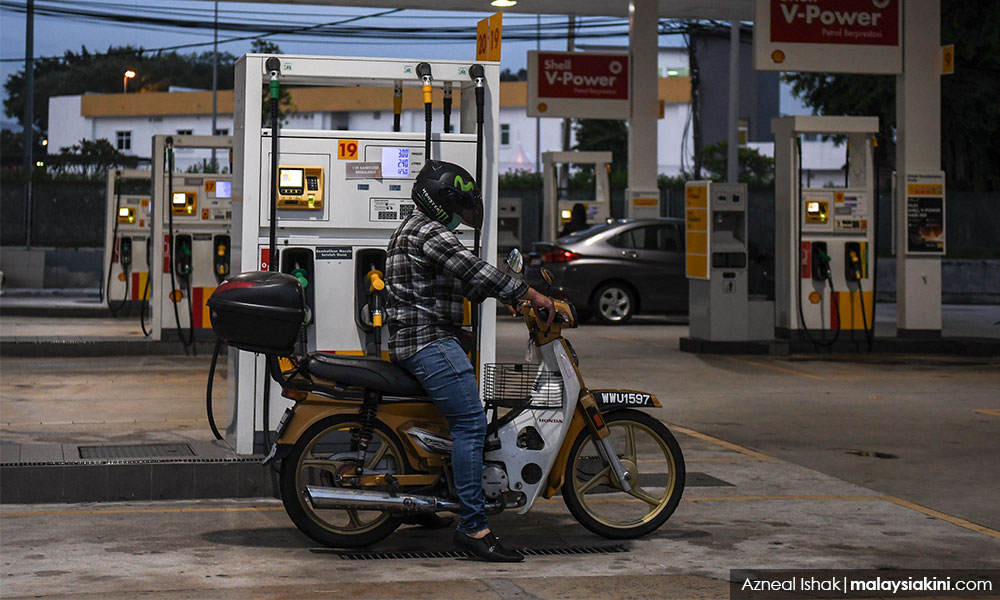
While exposing the 1MDB scandal and enacting institutional change were commendable efforts, he said the poor were ultimately more concerned with bread and butter issues.
"People will compare," he said.
Should the stars align in his favour, Anwar shared he would first assure the Malay base by strengthening the national language before promoting other languages if he becomes the prime minister. He also vowed to help the poor based on need, not on race.
Below are excerpts from the interview, which have been edited for language and brevity:
Malaysiakini: Malaysia has always been led by a PM from a Malay-based party. You lead a multi-racial party. Do you think the Malay populace is ready to accept you?
Anwar: Well, this is the thinking propounded by some Malays. I should say, some racists. Because what is important is for them to understand the agenda. You can come from a Malay-based party but be totally corrupt and ignore the plight of the Malays.
You can even be a non-Malay who can be equally just in their manifestations and humanitarian in their ideals that cater for the welfare of all. We need to educate the people on the ground.
But to become a PM, the Federal Constitution says you must be a Malay. But now, you add on to that and say a PM has to be from a Malay-based party.
(Editor's note: This is incorrect. The Federal Constitution has no racial criteria for the position of prime minister.)
For all intents and purposes, PKR is a Malay-majority party. We articulate, as far as possible, the aspirations and consciousness of the majority of Malays. But of course, we part from the approach of Umno and PAS because it is not race-based. We are needs-based. People talk about being needs-based but they fully endorse their policies.
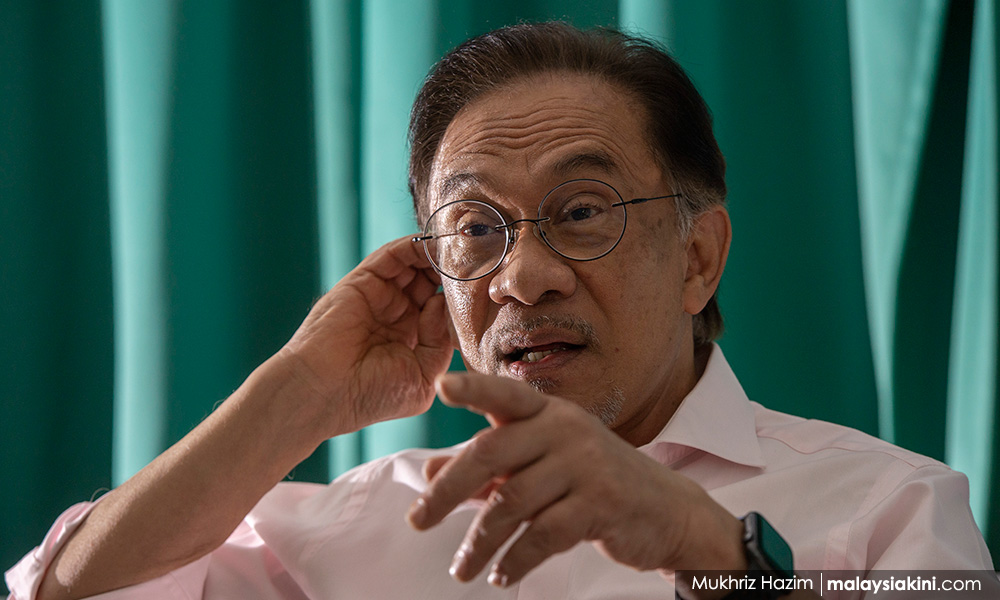
But I think we need to educate the people. I have been trying very hard to use Islamic, even classical texts and experiences of the prophet to educate people that to be a good Malay and a good Muslim, you can’t be racist. It is just impossible.
A racist, in the whole tradition of Islam, is a position that is condemned. So you have to be very careful. This doesn’t mean I am not Malay, I am very Malay. I want to make sure that the position of Bahasa Malaysia is further enhanced. As well as the plight of the majority of the Malays.
Talking about online connectivity, the majority of Malays, Dayaks, and Kadazans don't have access to the internet. So why do you talk about a Malay policy? Why can’t you talk about a just policy?
Malaysiakini: For the past two years, there was a whipping up of sentiments by the then-opposition that the Harapan government was dominated by non-Malays. That key positions like the Attorney-General were given to non-Malays. And they (Umno and PAS) were able to win back Malay support in the by-elections. How do you explain this and how would you address this?
Anwar: Firstly we have to acknowledge and agree that there has been this growing trend of racist sentiments, I should say right-wing views, which is not peculiar to Malaysia. We see the rise of fascism in Europe and Trumpism or whatever it's called in the US. Which is quite worrying, disconcerting, because it runs contrary to the human spirit.
But that is not all. For us in Harapan, we also try to reflect - did we take things for granted? Did we just take radical steps without giving concern to the sentiments on the ground? I would say both are true.
Because of our initial failure to address the Malay sentiments on the ground, and we took things for granted. And we kept on harping on the issue of Malay poverty, lazy Malays who were not willing to accept reform or change. That further enraged the Malays.
We did not see that sort of clear policies that tried to enhance the position of the Malay language and Malay literature. What I suggested to my colleagues was that you should put that in place first.
And after three months, move to English and then the other languages like Chinese, Tamil, Arabic, or French.
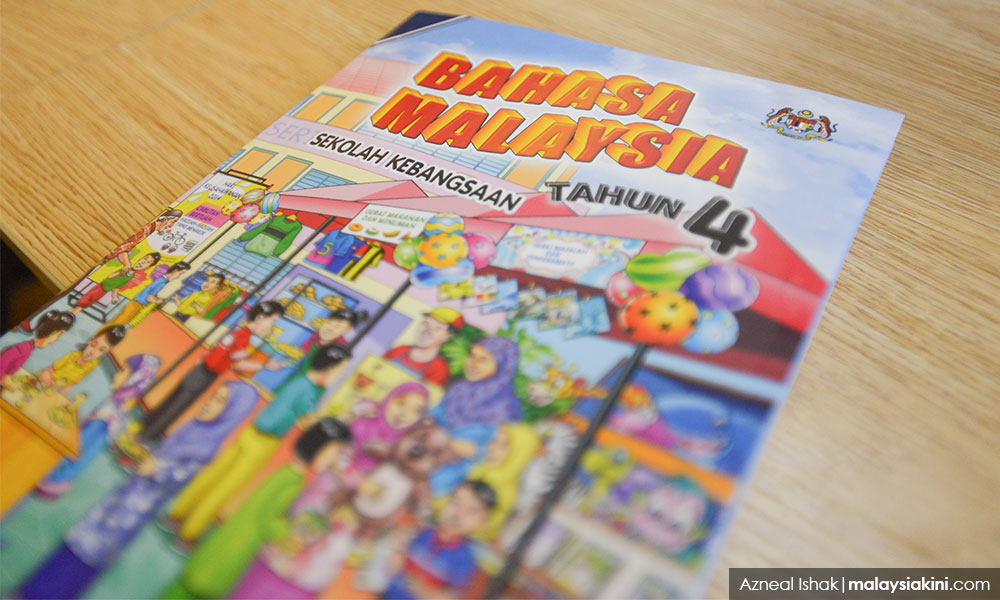
On the contrary, what we did was to start having this discourse or policy adjustments on the Unified Examination Certificate (UEC), which is fair and this was what we promised. But you must reassure the base first. I think this is tactical.
If I had my way, I would have said I want to make sure the Bahasa Malaysia policy remains intact. I want every single Malaysian to have a level of competency in Bahasa Malaysia that is acceptable. Then you move to explain to them that in this global age, you need English.
I survived overseas, when I was kicked out, because of English. Not mastery but at least a working knowledge of English.
And then the economic policies. Of course, we talk about transparency and good governance. But when dealing with the issues of abject poverty, people will say - 'We have to survive'.
When I brought ministers, deputy ministers to Port Dickson to meet the fishermen, the fishermen said, 'Datuk Seri, thank you very much, we have help but you know, it is RM100 less than what the previous BN government gave me'.
We may say, 'Well then you work harder lah'. But you know, to them, even RM100 more helps them survive. Some are really poor. I tried my best, I even spoke up in Parliament appealing for help for them. This is what we have learned.
Finally, this isn't about 1MDB. This 1MDB is of course a horrendous crime. But to harp only on this issue, thinking people will buy that and then leaving the bread and butter issues - is, of course, a big problem. - Mkini


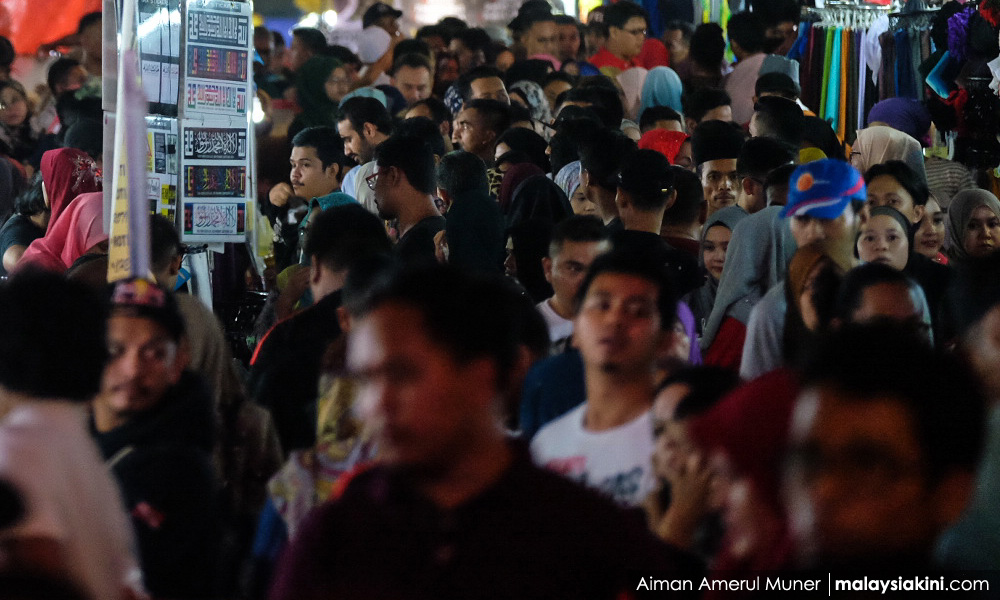
This county has been managed by a malay majority politicians since Merdeka , the country progressed for a while until 1969 and all went downhill ever since - FACT! I am open to be proven wrong. Dont get me wrong I am only referring to the corrupt politicians, malay rakyat are just like us chinese indians Sikh and malaysian communities.
ReplyDelete